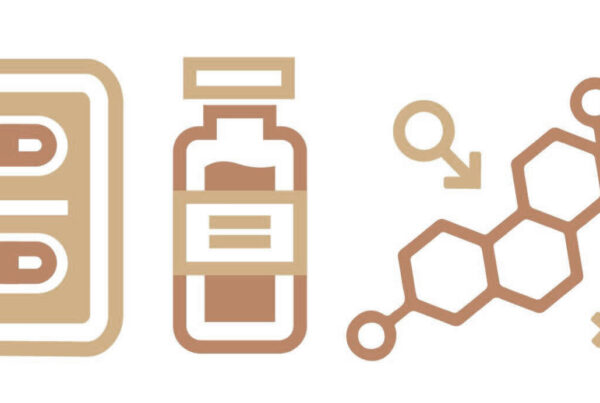Brittle, easily damaged hair and hair loss can both be troubling problems. In addition to the cosmetic concerns they present, they can be a symptom of other medical issues. Understanding why and how hair loss and brittle hair occurs – and learning how to connect these issues to other physical and psychological symptoms – can be an important aspect of monitoring your health, regardless of your age or your background.
When attempting to determine why you are losing hair – or why your hair seems more brittle than usual – the first step is determining whether anything you are doing to it cosmetically may be affecting it. Many treatments can cause damage to your hair. Perms, chemical straightening, bleaching and dyeing, and styling the hair with hot tools such as hair straighteners and curling irons all leads to damage. The long-term use of any of these products can lead to damaged hair, which can be significant to lead to hair loss. Additionally, washing your hair every day may not be the best option for some women, especially if it leads the hair to be especially dry. Women who believe that their cosmetic routine may be at fault for their hair damage can consult with a stylist, to determine whether or not this is the case.
However, styling does not cause all hair damage and hair loss problems. Women who cannot identify the source of their hair damage or loss should look at other factors to find the cause of the issue. Certain types of medications, such as lithium, can lead to hair loss. Any individual who has noticed that they are losing hair or that their hair has become brittle should examine side effects of their medication to determine whether this may be the cause, and then speak to their doctor about an alternative.
Certain medical issues can also lead to hair loss. Problems of the skin and hair follicles such as psoriasis (and more serious conditions such as alopecia) can arise in any woman, at any age, though certain women may be more at risk for these issues. Individuals who have noticed issues such as excessive flaking along the scalp and hairline may need to consult a dermatologist to determine whether a skin problem may be the issue.
Finally, do remember that hormonal issues are also a major cause of hair loss and hair brittleness in many women. In younger women, this can occur in cases of thyroid disease. When hair loss presents with other symptoms such as lethargy, weight gain or weight loss, and “memory fog” it is important to speak to a doctor as soon as possible. Women who have reached menopausal age may also find themselves losing hair or experiencing brittle hair because of the imbalance of hormones in their bodies. In these instances, treatment with bioidentical hormone replacement therapy can be a great option and can alleviate other menopausal symptoms as well.
Finally, do remember that for some women, hair loss is a natural part of aging. Though women do not lose hair as often (or in as large quantities as men), some women are genetically predisposed to hair thinning once they reach a certain age. However, treatment is available, and no woman should feel as if she is destined to have unhealthy hair as she grows older.





